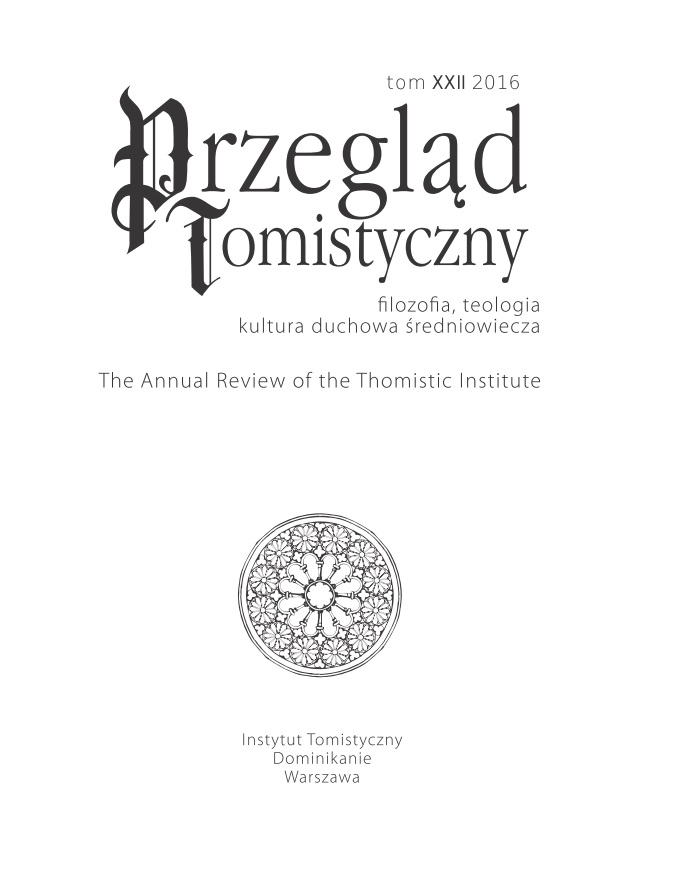“Let the Great Evil of these Vanities Be Known”: Preaching against Luxury and Futility
“Let the Great Evil of these Vanities Be Known”: Preaching against Luxury and Futility
An Analysis of Italian Fifteenth-Century Sermons
Author(s): Maria Giuseppina MuzzarelliSubject(s): Christian Theology and Religion, 15th Century
Published by: Instytut Tomistyczny
Keywords: Medieval preachers; Italian sermons; Luxuries and vanities; średniowieczni kaznodzieje; włoskie kazania; rozpusta; próżność
Summary/Abstract: In this paper I pose some questions and try to answer them: how important and how widely diffused were sermons against vanity within the general fifteenth-century preaching campaign? How did the numerous questions implied by those vanities fit into a larger project of reform? I will consider the following texts: an unpublished sermon by Gregorio d’Alessandria dating from the first half of the 15th century, which does not focus on the theme of vanity but has several references to it; another unpublished sermon from the same period by a hermit of Saint Augustine who was familiar with the work of Bernardino of Siena; a sermon by Giacomo della Marca; two sermons from Bernardino of Feltre; and — looking outside Italy — some passages from a collection of sermons called Navicula sive speculum fatuorum by Johannes Geiler of Kaysersberg. These sources show a variety of themes, the originality of certain arguments, and the recurrence of others. Above all, the sermons demonstrate the wide range of social, economic, personal and collective consequences of vanities shown by the different preachers. Preachers sought to “root out” vanities through decisive and concrete intervention, to inspire people and to support new legislation.
Journal: Przegląd Tomistyczny
- Issue Year: 2016
- Issue No: XXII
- Page Range: 231-247
- Page Count: 17
- Language: English, Latin, Italian

